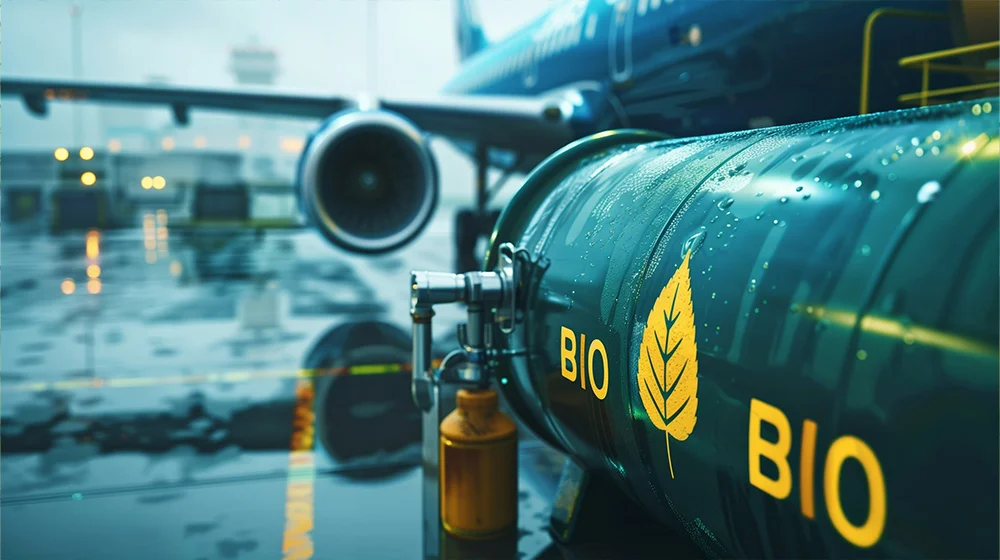Biofuel at the Farm Gate: Localised Energy Production with Algae
- Home
- Biofuel at the Farm Gate: Localised Energy Production with Algae

A Shift in Thinking
In many agricultural regions, energy doesn’t flow from the grid, it’s delivered by tanker, stored in drums, or generated on-site with noisy, fossil-fuelled machines. This reliance on traditional fuels not only contributes to carbon emissions but also leaves farms vulnerable to price volatility, supply disruptions, and long-term sustainability concerns.
But what if the fuel didn’t have to be delivered? What if it could be grown, harvested, and used, right at the farm gate?
The Rise of Localised Fuel Systems
Algae-based biofuel opens the door to decentralised energy production. Unlike fossil fuels, which must be mined, refined, and transported over great distances, algae can be cultivated locally using minimal land and non-potable water.
With the right infrastructure, farms could produce their own clean-burning fuel on-site, providing energy for tractors, generators, pumps, and processing systems without waiting for an external supply chain to catch up with their needs.
How It Works
The process is straightforward but powerful:
Cultivation: Algae is grown in open ponds, raceways, or compact photobioreactors using available water sources, including wastewater.
Harvesting: Once mature, the algae is separated from the water and dried or processed into concentrated biomass.
Conversion: Lipids (oils) are extracted and refined into biofuel, ready for use in standard diesel engines or storage for later use.
Use: The fuel powers on-site machinery and systems, reducing reliance on imported diesel or petrol.
This cycle can be repeated continuously, creating a closed-loop fuel system tailored to the operation’s size and energy demand.
Economic and Environmental Benefits
Producing algae biofuel at the point of use provides measurable advantages:
Fuel Independence: Reduces exposure to market fluctuations and transport delays
Lower Emissions: Replaces fossil fuels with carbon-capturing, renewable alternatives
Operational Continuity: Keeps key systems running during fuel shortages or grid failures
Resource Efficiency: Utilises non-arable land and marginal water sources
Community Impact: Encourages regional resilience and job creation in biofuel production
Scaling for Real Farms
While the concept may sound futuristic, pilot systems are already demonstrating how algae fuel can be produced at small to medium scale. In areas with abundant sunlight and limited infrastructure, the ability to grow your own energy source is both practical and empowering.
And as technology becomes more affordable, modular algae-to-fuel systems could become as common as solar panels or water tanks on the modern farm.
The Future Starts on the Ground
Decarbonising agriculture won’t happen with promises, it requires real alternatives that work where the work is being done. Algae biofuel offers just that: a fuel source grown by nature, engineered for performance, and used by those who feed and build the world.
